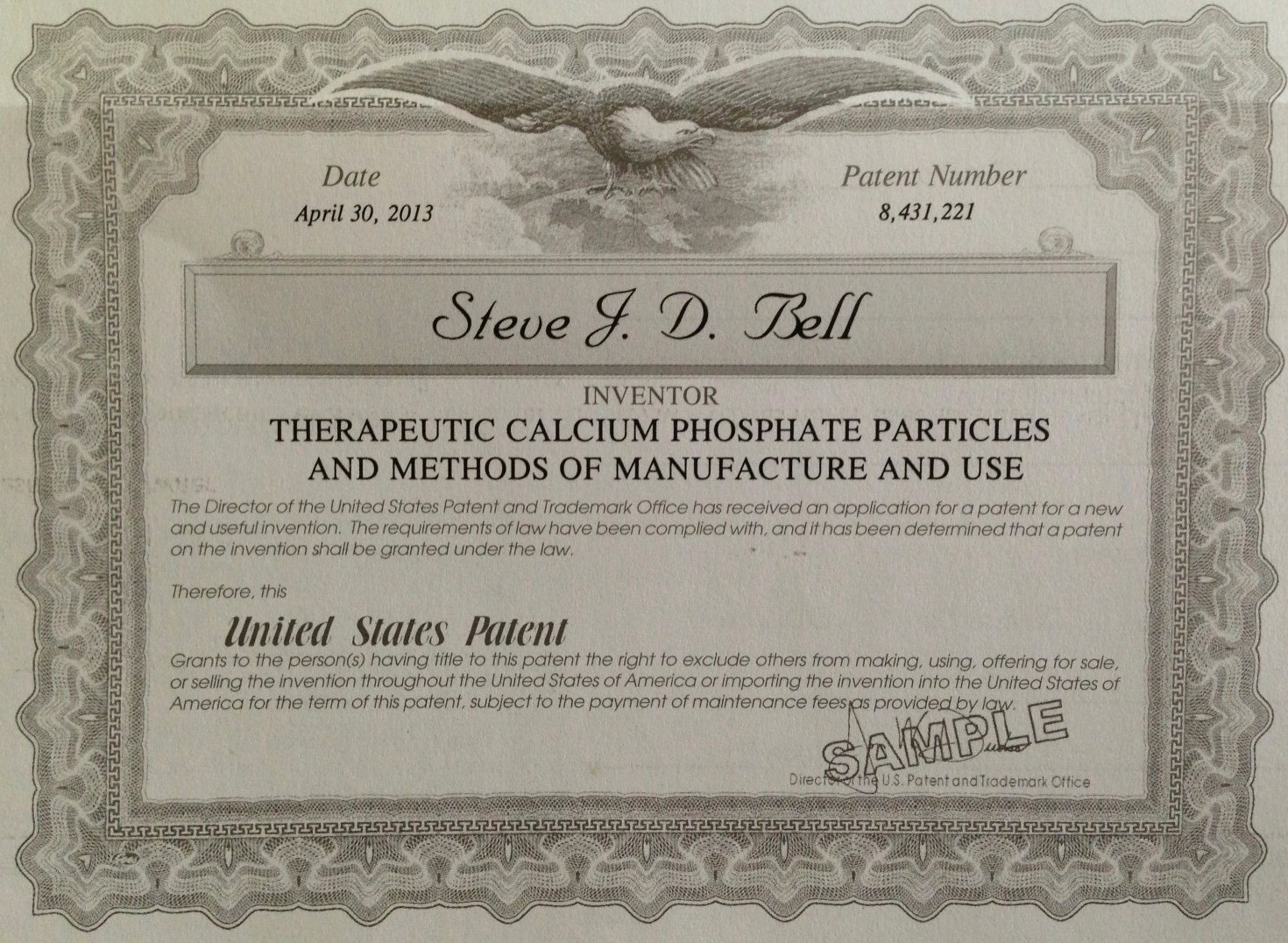A strong intellectual property portfolio is of enormous value to life science companies since much of their value is derived from the intellectual property rights, particularly patents, they possess. That is, the cornerstone of a life science company is its intellectual property. A life science company that cannot demonstrate the ability to bring its technology or products to market will find it very difficult to raise venture capital.
A strong IP strategy leads to higher returns for venture capitalists and so they look for companies that have a solid IP strategy focused on building a high value IP portfolio, and that can leverage those IP assets effectively into new revenue streams and markets.
Venture capitalists will conduct an intellectual property due diligence audit to evaluate a company’s intellectual property portfolio, before making a decision about whether to invest. The audit will involve an examination of the nature, scope and strength of the IP held by the company, as well as an assessment of any potential infringement issues, by conducting a freedom to operate analysis. A freedom to operate analysis is particularly important when a company is looking to introduce a new technology or product to the market. “Freedom to operate” means “being able to commercialize a product without infringing the intellectual property rights of others.”
Virtually all technology and life sciences companies rely on licensing to achieve their business goals. Some companies license special manufacturing techniques from third parties to more efficiently make the products that they develop and sell. Other companies rely on licensing for partnering with other entities to share the risks and rewards of research and development of drug products, a process that necessarily involves a long and uncertain regulatory approval timeline. Still other companies regularly cross-license their patents and other intellectual property with competitors to avoid expensive and distracting litigation.



